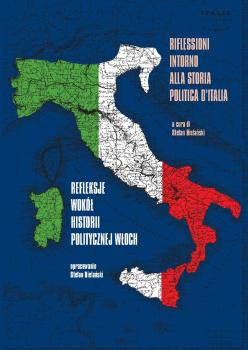Aspetti critici della storia d’Italia. Alcune radici dei problemi contemporanei .......... 153
Synopsis
CRITICAL ASPECTS OF ITALIAN HISTORY: A SOURCE OF CONTEMPORARY PROBLEMS
The essay critically analyzes the history of Italy starting from national unity, highlighting how unification produced a centralized state that stifled the cultural, social, and economic diversity of the country. Dostoevsky, as early as the 19th century, had observed the spiritual impoverishment and loss of meaning of Italy after unification, remarking on its transformation from a universal idea to a small ‘second-rate’ kingdom. Unification imposed legislative and administrative standardization based on Piedmontese centralism, ignoring profound regional and cultural differences, generating permanent conflicts and a political class unable to propose flexible institutions that could respect local specificities. Centralization has fostered patronage, corruption, and a politicalbureaucratic class that controls resources and power, with anti-economic consequences: state interventionism and record public debt, high taxation, and inefficient public spending. Southern Italy has paid a very high price, spiralling into underdevelopment, with a growing gap between it and the North and depending on transfers of resources from the political center, which have exacerbated an extensive system of patronage and local corruption, rather than stimulating development. The persistence of a centralized, Jacobin-style, obsessively unitary system, reintroduced by the 1948 Constitution and based on a Risorgimento ideology focused on political unity and homogeneity, still hampers more efficient management of resources and public institutions today. Resistance to reform exacerbates the political, social, and economic decline of contemporary Italy, which finds itself increasingly entangled in an institutional system unable to respond to the needs of a complex and diversified society. Political and administrative centralism has severely limited growth, civic participation, and development, transforming Italy into a divided and declining country, unable to capitalize on its pluralistic wealth and move the country out of a permanent institutional, political, and economic crisis.





